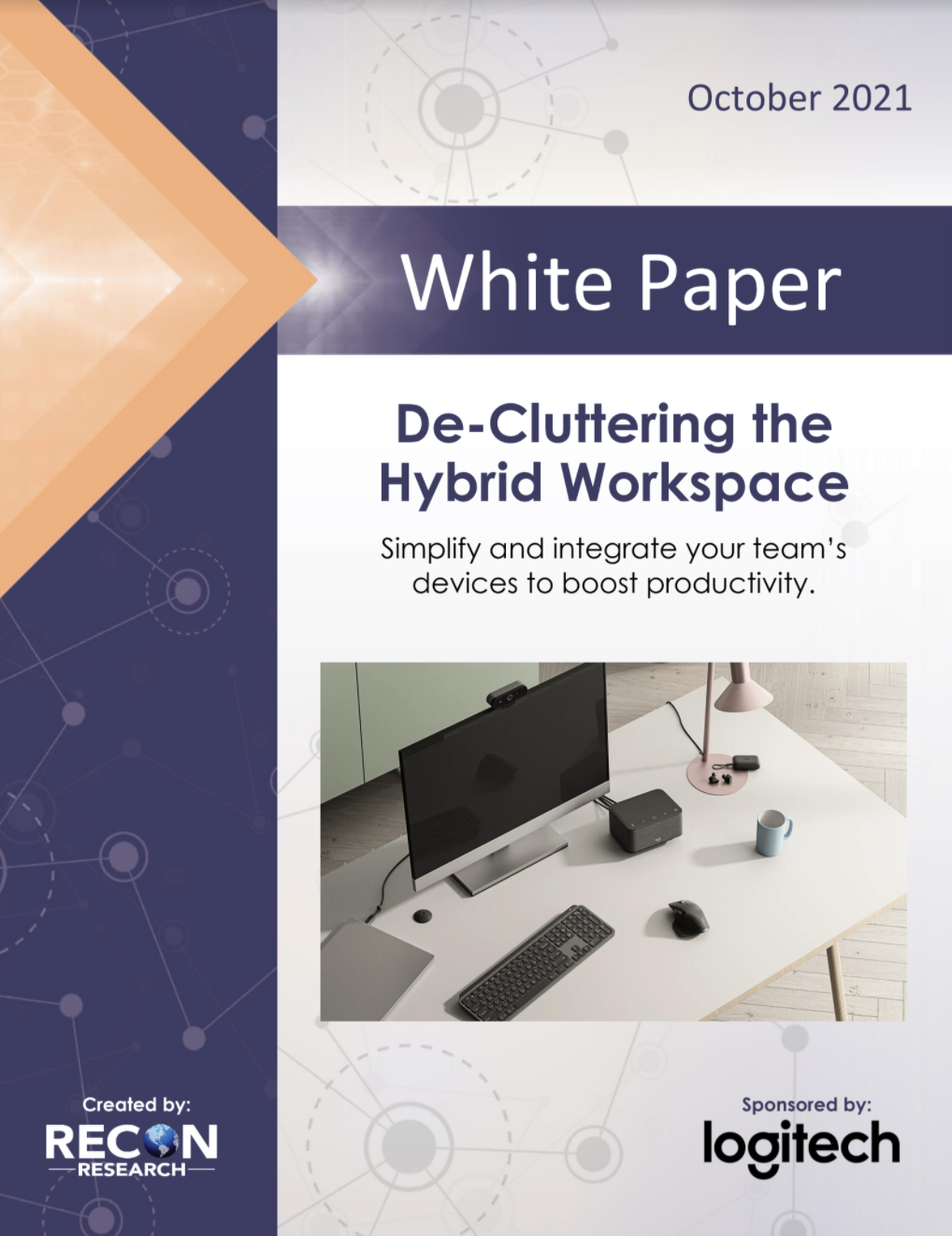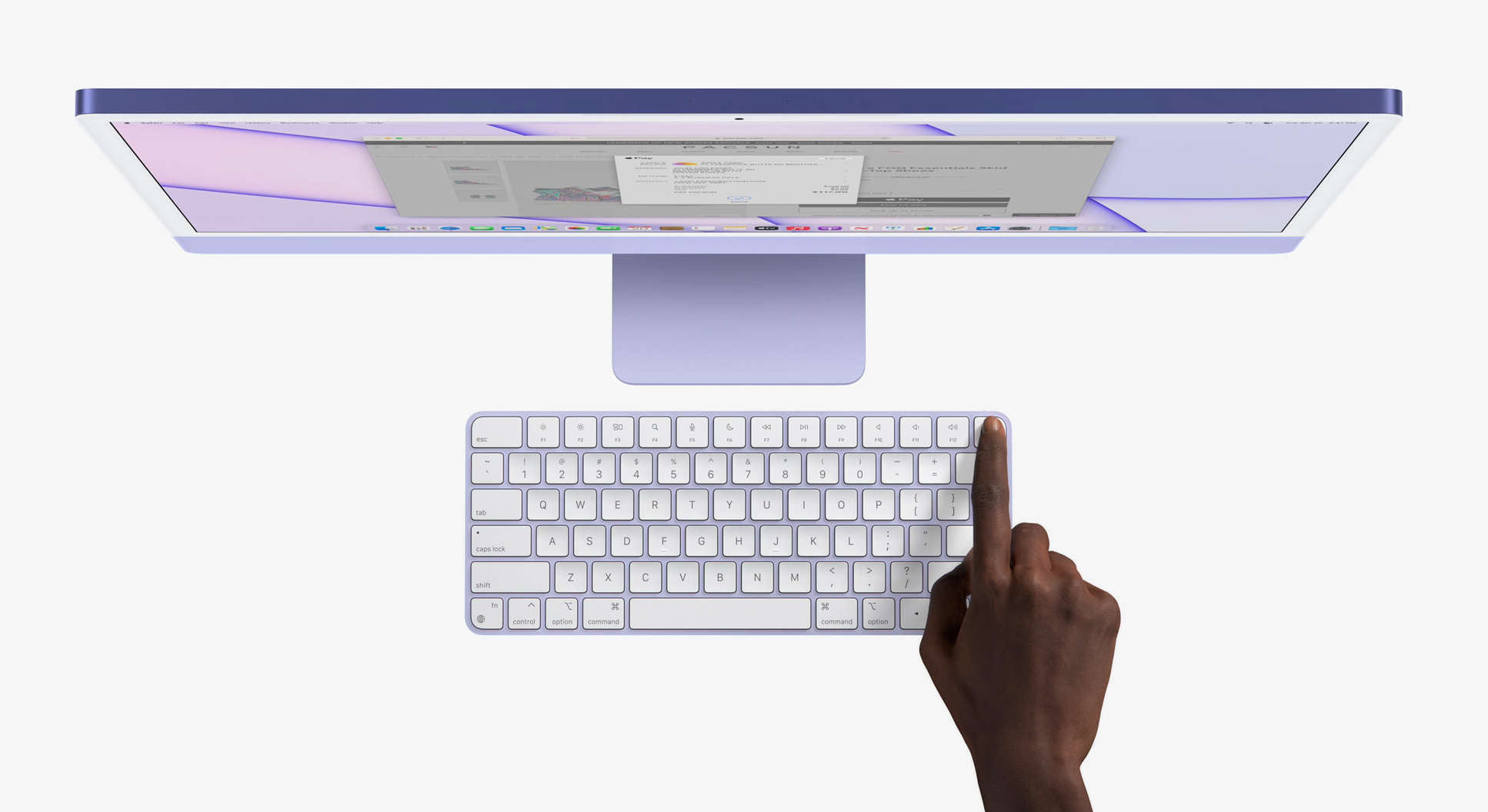Work anywhere – work everywhere?
Inside the enterprise: A new industry alliance aims to promote flexible working, but businesses and employees still have some catching up to do.

Britain's knowledge workers have become digital nomads. Equipped with smartphones and tablets, we wander from place to place looking for the best venue to catch up on work. More portable devices, more and more Wi-Fi access points, and better coffee have made the mobile worker's life both more practical, and more tolerable.
But flexible working often fails to penetrate either very far, or very deep, into an organisation. Executives have a BlackBerry and perhaps an iPad; service engineers, delivery drivers and other "task" workers have ruggedised devices. Frequent travellers may be equipped with a laptop, and perhaps a 3G dongle. That, though, leaves a large percentage of the workforce who have little in the way of flexibility at all.
The telecommunications and IT industries think this is a missed opportunity. Perhaps more surprisingly, so does the Government. At this year's WorkTech conference in London, transport minister Norman Baker announced Government backing for a new consortium, called "Anywhere Working." The group aims to "help British employers understand the benefits of providing flexible working environments", according to its mission statement, and is being backed by companies such as Microsoft and Vodafone, as well as the Department of Transport and Transport for London.
The group will provide information resources, technology trials, and access to best practice case studies that promote the idea of flexible working. According to research quoted by the consortium, between a third and half of UK workers would like more flexibility over where they work, and how they manage their time.
Delivering that flexibility is both a management and an IT issue. According to Gordon Frazer, Microsoft's UK managing director, employees who have control over their time are often the most productive. But whilst technology-savvy organisations like Microsoft may be willing to let staff manage their own workloads, and even where they work, there are plenty of other managers in the UK who only believe their staff are working, if they are at their desks.
Nor is the technology as straightforward as it should be. Delays to the London School of Economics has found that workers who are tied to their smartphones can actually become, if not less productive, certainly more stressed.
But if Anywhere Working allows organisations to share what they have learned about the downsides and pressures of working in an always-on world, as well as the benefits, then it could be a worthwhile resource for UK businesses.
Sign up today and you will receive a free copy of our Future Focus 2025 report - the leading guidance on AI, cybersecurity and other IT challenges as per 700+ senior executives
Stephen Pritchard is a contributing editor at IT Pro.
-
 Apple iPad Air (2020) review: The executive’s choice
Apple iPad Air (2020) review: The executive’s choiceReviews With the iPad Air’s most recent redesign, Apple has delivered the best bang-for-buck tablet money can buy
-
 De-cluttering the hybrid workspace
De-cluttering the hybrid workspaceWhitepaper Simplify and integrate your team’s devices to boost productivity
-
 In praise of the early adopters
In praise of the early adoptersOpinion The IT industry needs early adopters like you – and tech that fell by the wayside should still be celebrated
-
 Apple is experimenting with attention sensors to save battery life
Apple is experimenting with attention sensors to save battery lifeNews Your next Apple device may shut down if you are not paying attention to it
-
 Cisco expects chip shortage to last at least another six months
Cisco expects chip shortage to last at least another six monthsNews Chuck Robbins says the situation is bound to improve over the “next 12 to 18 months”
-
 Apple unveils M1-powered iPad Pro and iMac at April 2021 event
Apple unveils M1-powered iPad Pro and iMac at April 2021 eventNews The new Apple Silicon hardware will be available to order from April 30
-
 Remote working leads to biggest PC market surge in a decade
Remote working leads to biggest PC market surge in a decadeNews Shipments grew 13% year-on-year with demand for HP and Lenovo devices leading the charge
-
 iPad Air 2020 debuts with A14 Bionic chip and USB-C
iPad Air 2020 debuts with A14 Bionic chip and USB-CNews Apple touts its latest flagship tablet as the “most powerful” iPad Air ever

